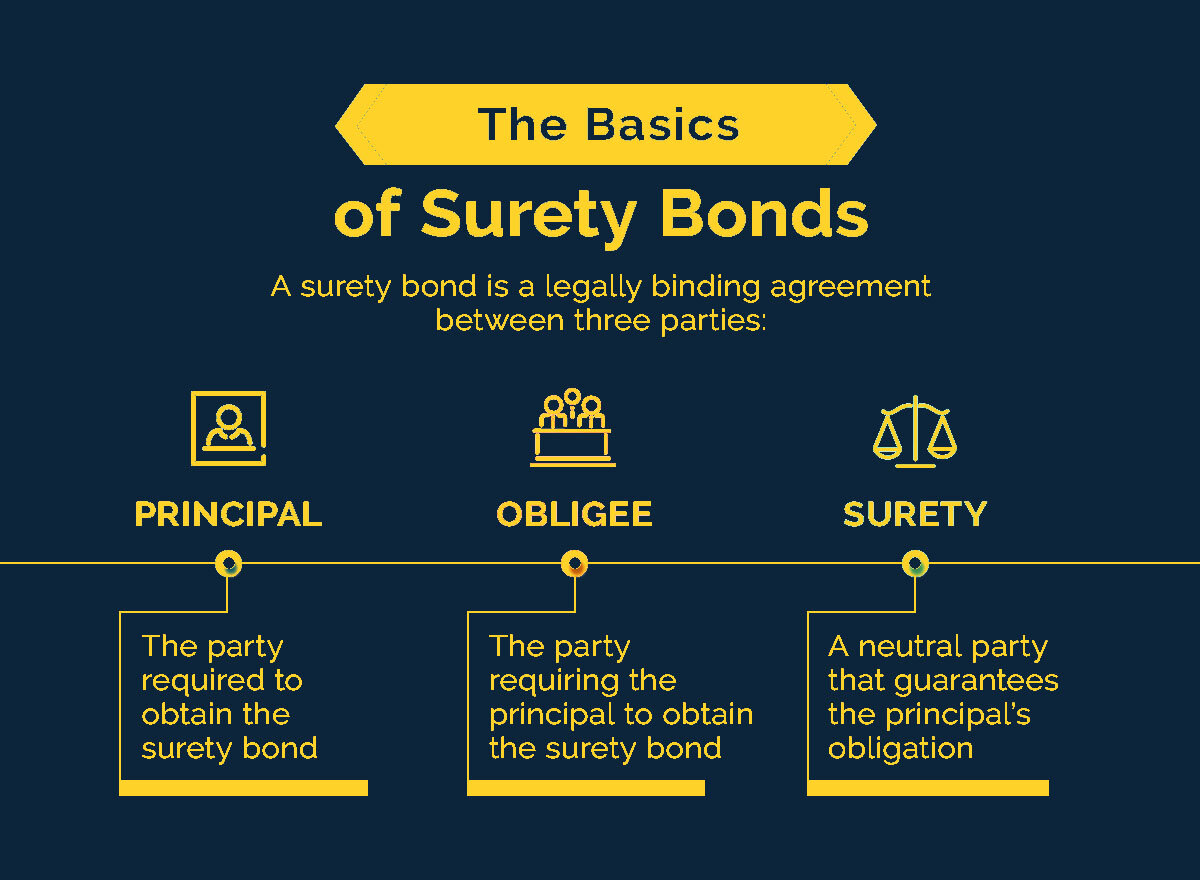

Finance
Emotional Neutrality Definition
Published: November 17, 2023
Learn the meaning of emotional neutrality in finance and how it influences decision making and financial stability. Explore its significance in maintaining rationality and objectivity.
(Many of the links in this article redirect to a specific reviewed product. Your purchase of these products through affiliate links helps to generate commission for LiveWell, at no extra cost. Learn more)
Understanding Emotional Neutrality in Finance: An Expert Guide
Managing finances can be an overwhelming task for many individuals. From budgeting to investing, there are a plethora of decisions to be made that can elicit various emotions. Have you ever wondered if it is possible to approach finance with emotional neutrality? In this blog post, we will take an in-depth look at the concept of emotional neutrality in finance, its definition, and how it can benefit your financial well-being.
Key Takeaways:
- Emotional neutrality in finance refers to maintaining a balanced and rational mindset when making financial decisions.
- By adopting emotional neutrality, you can minimize the impact of impulsive or fear-driven financial choices, leading to better long-term outcomes.
Let’s dive deeper into the concept of emotional neutrality in finance. When we talk about emotional neutrality, we mean approaching financial decisions with a sense of calmness and rationality, free from the influence of strong emotions. It doesn’t mean completely detaching yourself from emotions, but rather acknowledging and managing them in a way that doesn’t cloud your judgment.
One might wonder, why is emotional neutrality important in finance? Well, financial decisions made under the influence of strong emotions like fear or greed can often lead to impulsive actions that may not align with your long-term goals. Emotional neutrality, on the other hand, allows you to stay focused on your financial plan, avoiding knee-jerk reactions that could harm your financial well-being.
To embrace emotional neutrality in finance, here are a few key strategies to consider:
- Practice mindfulness: Becoming aware of your emotions and their potential impact on your financial decisions is crucial. Take a moment to pause, breathe, and evaluate the situation before making any impulsive moves.
- Set clear financial goals: Having specific and realistic financial goals helps you stay grounded and make rational decisions. Whether it’s saving for retirement or paying off debt, having a clear objective will guide your financial decision-making process.
- Seek professional advice: Consulting with a financial advisor can provide you with valuable guidance and help you navigate complex financial situations. An expert can provide you with an unbiased perspective, ensuring you make well-informed decisions based on your individual circumstances.
- Revisit and adjust: Regularly reviewing and reassessing your financial plan is essential. As life circumstances change, so should your financial strategy. By staying proactive and flexible, you can adapt to new challenges and make decisions from a place of emotional neutrality.
Embracing emotional neutrality in finance may not come naturally to everyone. It requires practice, self-awareness, and a willingness to prioritize long-term stability over short-term gratification. However, the benefits are worth the effort.
By adopting emotional neutrality, you can minimize the impact of impulsive decisions driven by emotions, allowing you to stay on track with your financial goals. You will be more likely to make sound financial choices and achieve a sense of balance and security in your financial journey.
In conclusion, emotional neutrality in finance is about managing and harnessing emotions rather than letting them control your financial decisions. By cultivating emotional neutrality, you can navigate the ups and downs of the financial world with greater clarity and achieve long-term financial success.














